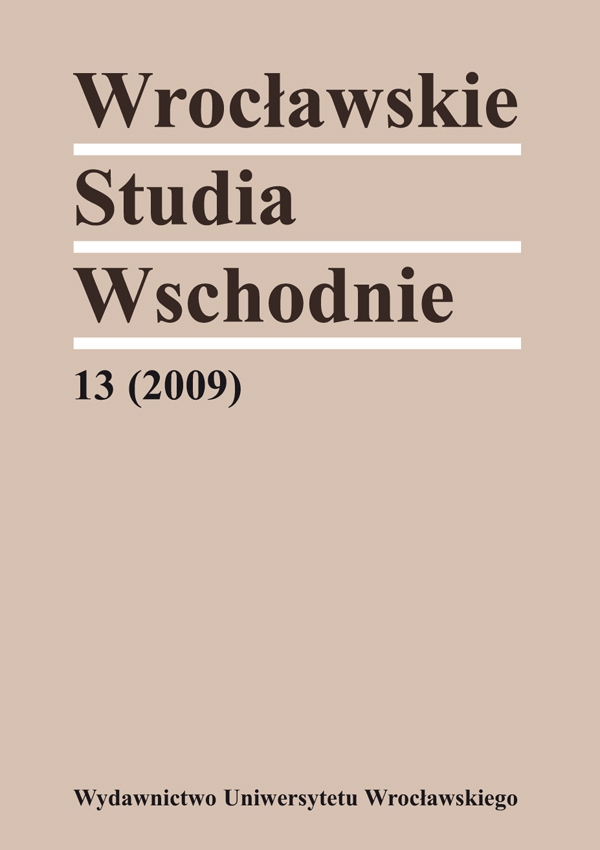

Artykuły

Новые российские исследования эпохи Николая I по случаю чтения работ Л.В. Выскочкова: Император Николай I. Человек и государь Санкт-Петербург 2001 и Николай I Москва 2006
В последние годы в России наблюдается усиленный интерес к эпохе Николая I. Дискуссия ведется, в основном, вокруг тезиса, сформулированного еще в 1912 г. либеральным историком A. A. Корниловым, который утверждал, что система Николая I это дело просвещенного абсолютизма, напоминающая систему Фридриха II и Иосифа II.
Несомненно самым выдающимся знатоком николаевской эпохи является историк из Санкт-Петербургского Государственного Университета, Леонид В. Выскочков. В его книге „Император Николай I. Человек и государь” находим наиболее полное обсуждение источников проблемы. Поражает их множество и разнообразие. Рядом с актами государственного управления есть и переписка, сообщения иностранных дипломатов, мемуары, воспоминания и публицистика. История с российскими архивами обошлась намного снисходительнее, чем с польскими. Наверное, это также заслуга самого Николая I, который придавал большое значение документации и архивам. Это была своеобразная николаевская забота, соединенная с усилием, чтобы все неблагонадежное не
вcъявилось бcъ.
В работах Выскочкова находим много польских мотивов, в том числе вопрос соблюдения Конституции Царства Польского. Николай I терпел конституционный строй Царства Польского, являющийся инородным телом в самодержавном государстве. Отсюда и его возмущение по поводу польского восстания 1930 г. и „неблагодарности” поляков. Работа Выскочкова тем более заслуживает внимания, что польская проблематика редко присутствует в российских исследованиях.
New Russian studies into the times of Nicholas I as exemplified by L.V. Vyskochkov’s books: Emperor Nicholas I: A man and a monarch St. Petersburg 2001 and Nicholas I Moscow 2006
Over the last few years we have seen in Russia a growing interest in the times of Nicholas I. The discussion focuses mainly on a thesis, formulated as early as 1912 by a liberal historian, A.A. Kornilov, according to whom Nicholas I’s system was a work of enlightened absolutism similar to the systems developed by Frederic II and Joseph II. Undoubtedly, the most distinguished expert on the Nicholas period is a historian from the State University in St. Petersburg, Leonid V. Vyskochkov. His Nicholas I: A man and a monarch gives us the most comprehensive analysis of sources. Their number and variety are surprising. In addition to official documents produced by state administration, they include accounts by foreign diplomats, journals and memoirs, as well as various articles and essays. History has been much kinder to Russian archives than to Polish ones. This should probably also be attributed to Nicholas I himself, who paid a lot of attention to documents and archives. This concern was in Nicholas’ unique style — combined with efforts to hide anything that could be termed dissenting. His documents deal with a number of Polish matters, including the problem of how to treat the constitution of the Kingdom of Poland. Nicholas I tolerated the constitutional system of the Kingdom of Poland, which was an alien body in his absolutist state. Hence his indignation at the outbreak of the November Uprising and the “ingratitude” of the Poles. Vyskochkov’s study is all the more important given the fact that Polish matters are rarely tackled by Russian scholars.